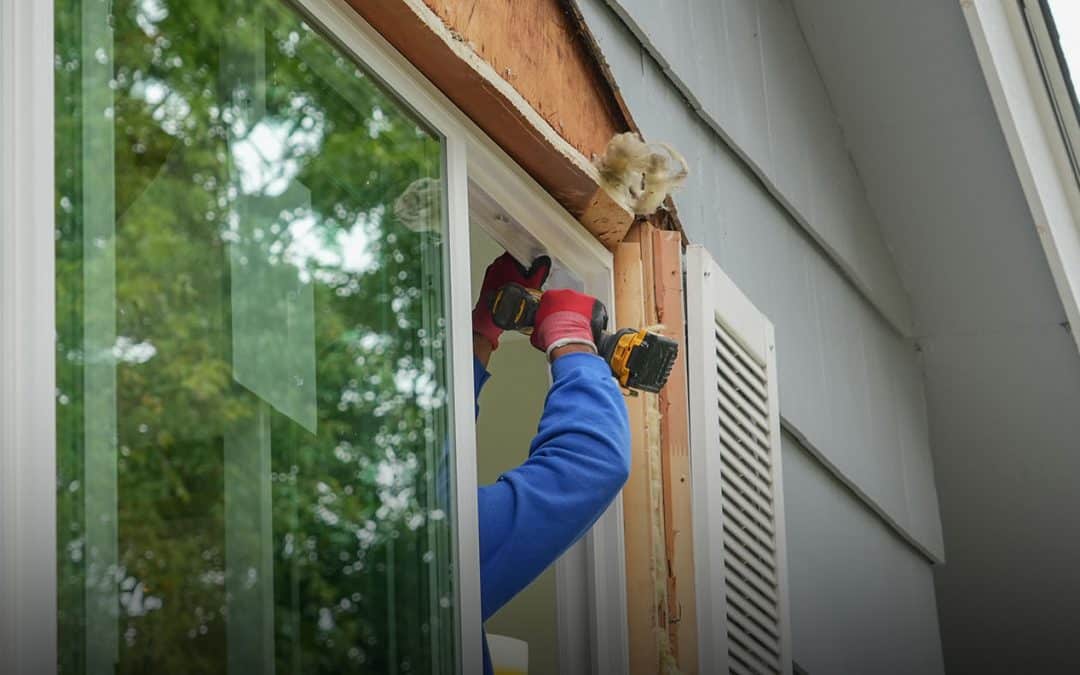Many devices we use nowadays come with lithium-ion batteries including smartphones, laptops, car fobs, cameras, watches, smoke alarms, e-cigarettes, toys, e-scooters, e-bikes, and even cars.
Lithium-ion batteries are small in size but store a lot of energy. If not used correctly or if damaged, fire officials warn they could overheat, catch fire or explode.
Most states are not yet tracking fire statistics related to lithium-ion batteries. However, in New York City, fire officials reported they responded to 220 incidents in 2022.
Between March 2006 and June 2023, the Federal Aviation Administration (FAA) reported 462 incidents involving smoke, fire, or extreme heat of lithium-ion batteries. Many issues involved a battery pack, an e-cigarette or vape device, a cell phone, a laptop, or another electronic device. Because of these incidents, the Transportation Security Administration has issued rules against keeping certain devices in checked baggage.
While lithium-ion batteries are generally safe to use, there are precautions that consumers should take to avoid potential dangers.
Buying, Charging and Storing Lithium-ion Batteries
When buying batteries, experts suggest you only purchase ones that are recognized by national testing laboratories like the Underwriters Laboratories (UL). Labs like this will have a marking on the packaging and device.
When charging a lithium-ion battery, the National Fire Protection Association has several recommendations to avoid the risk of a fire:
- Only use a battery that is designed specifically for your device
- Put the battery in your device right away
- Only use the charging cord that comes with your device
- Do not charge a device under your pillow, on your bed, or on a couch
- Do not keep charging the device or device battery after it is fully charged
When storing batteries, always read the manufacturer’s instructions on the packaging. In addition:
- Store lithium-ion batteries at room temperature. Do not keep them at temperatures below 32°F or above 105°F
- Do not leave batteries in a hot car, in direct sunlight, or in freezing temperatures
- Keep batteries away from combustible materials
Signs of a Corrupt Lithium-ion Battery
Signs that a lithium-ion battery is corrupt could be an odor, change in color, change in shape, it’s leaking, it’s hot, or it’s making odd noises. If any of these things happen, stop using the battery immediately and move the device away from anything that can catch fire.
Disposing of Lithium-ion Batteries
When it’s time to get rid of a lithium-ion battery, do not dispose in the trash or place multiples in piles. Batteries that no longer work can be taken to a community recycling location instead.
Make sure you have the right type of coverage on your property insurance policy well in advance. And if you’re not insured with MAPFRE yet, get a fast, free quote today to see how much you could save on your insurance in Massachusetts or contact a local independent agent in your state!



